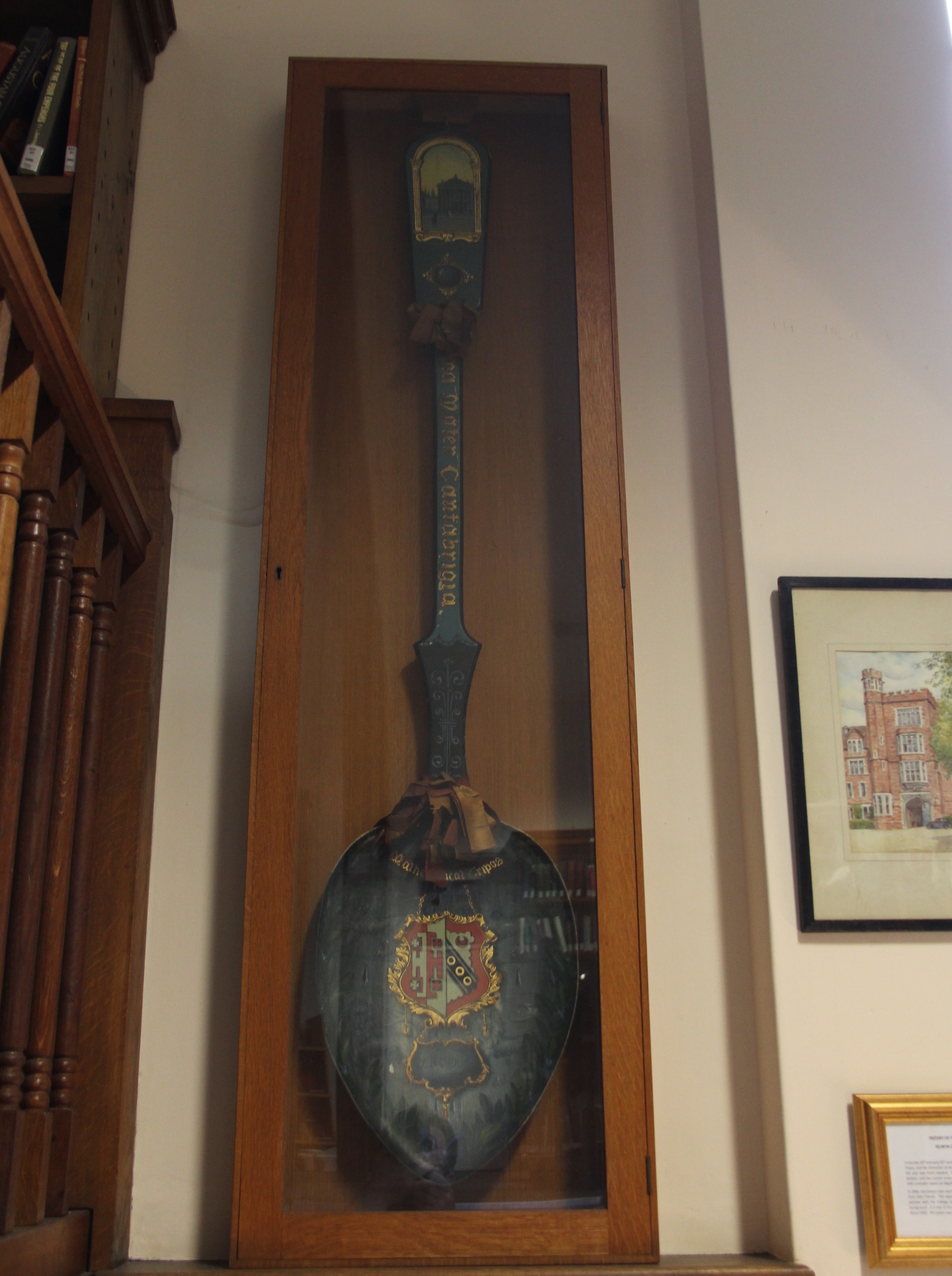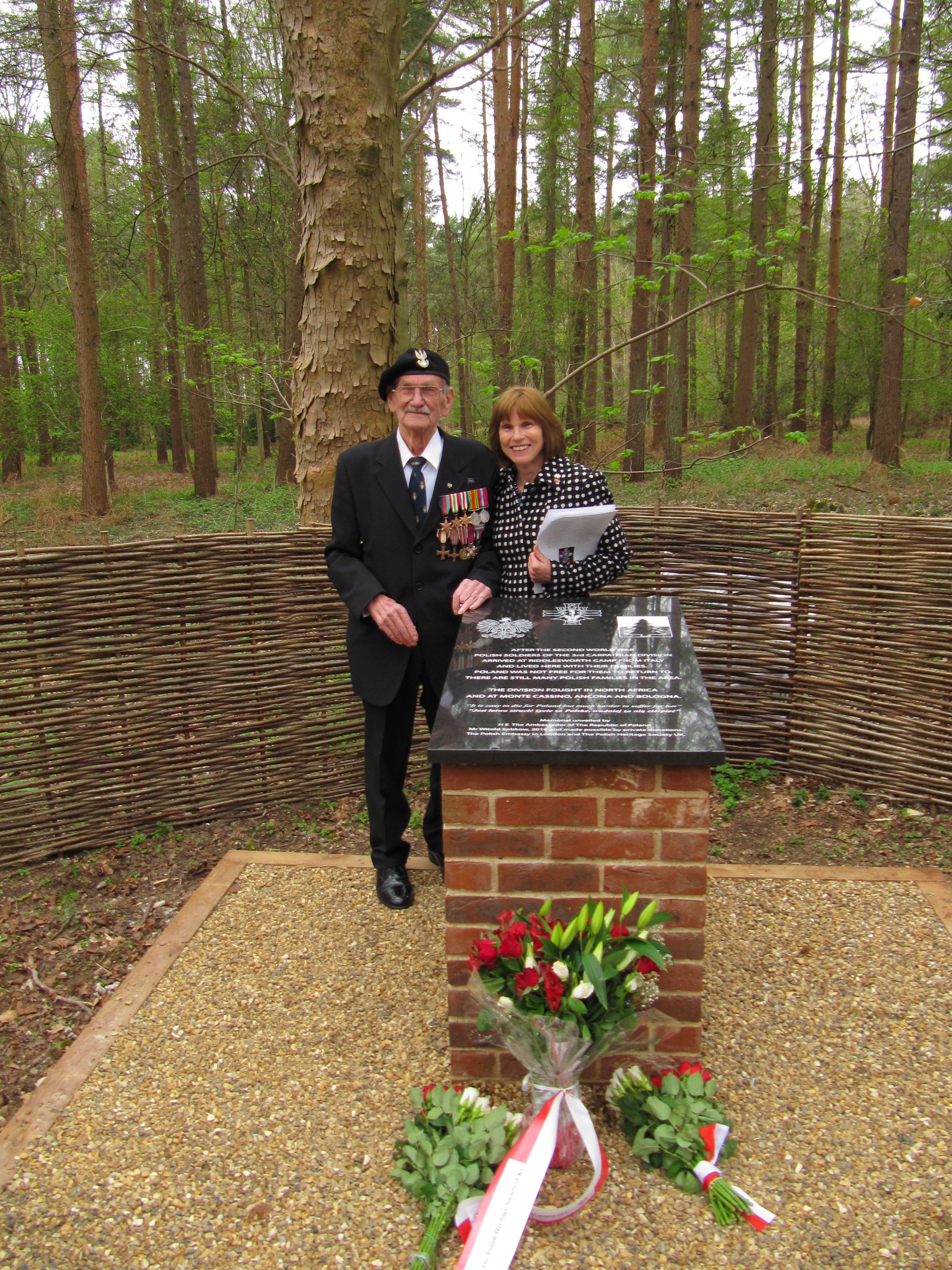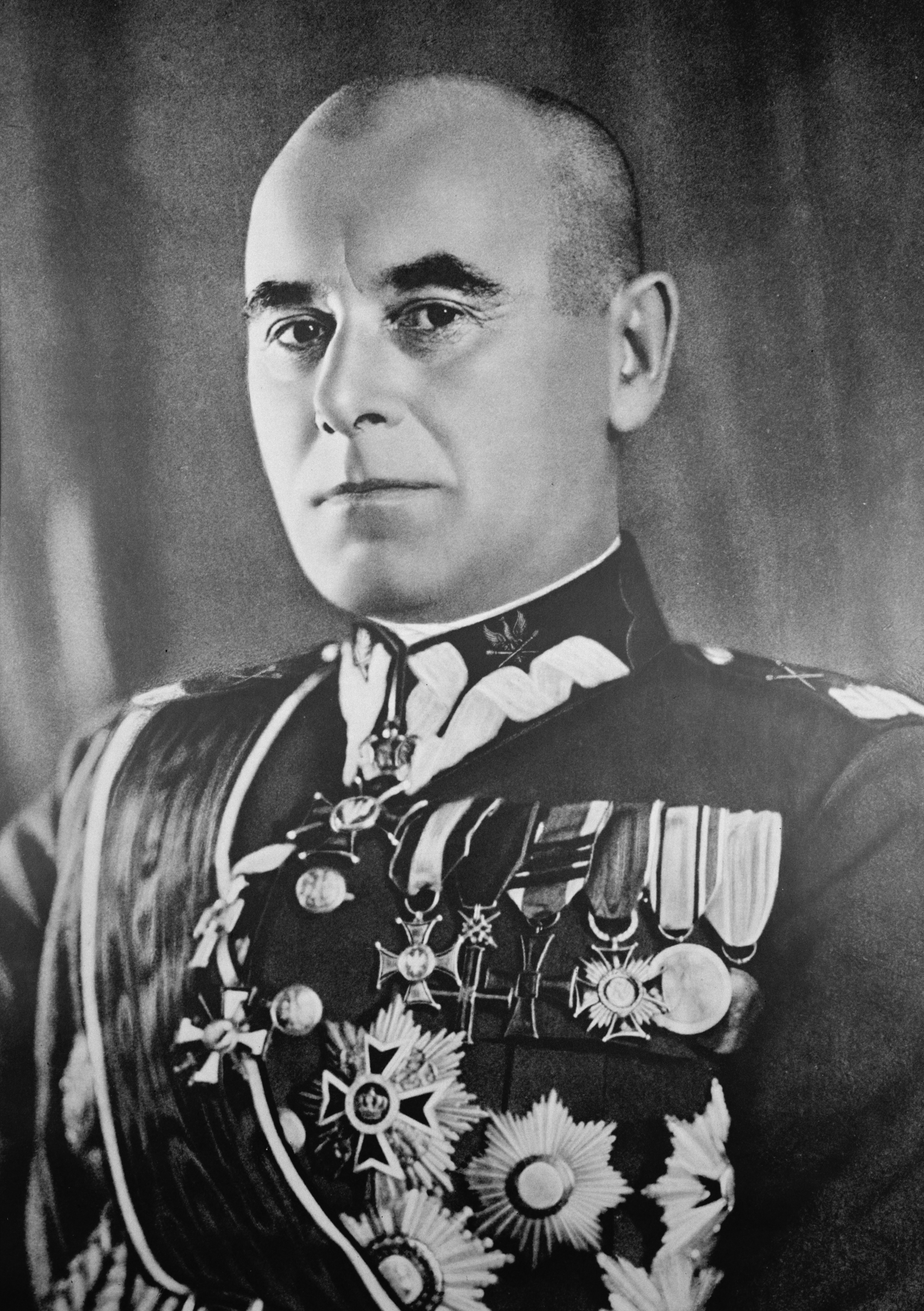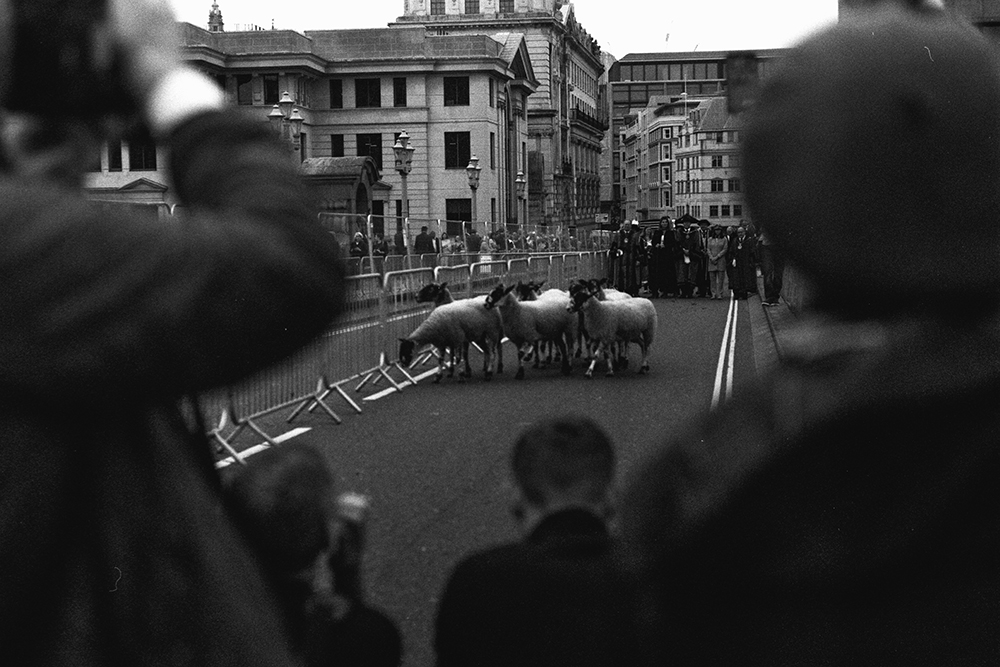|
Philip Bujak
Philip Edwin Bujak (born 17 February 1960) is an educationalist and author. As CEO of Montessori St Nicholas Charity he was responsible for the founding of the Montessori Schools Association, the Montessori Evaluation and Accreditation Board (designed to identify authentic Montessori schools and improve standards of teaching and management), and was the leading voice in the drive for the creation of state funded Montessori schools. Early life and teaching Born in Attleborough, Norfolk, Bujak attended Attleborough High School where he and his close friend Justin Fashanu were scouted for Norwich City FC in 1974. A good sportsman, he went on to represent Norfolk at football and the Territorial Army at Hockey alongside a lifelong love for cricket. Bujak taught modern European history aLangley Schoolin Norfolk; having completed his teacher-training at Keswick Hall, Norfolk, after reading Modern European History at the University of East Anglia, 1979–1982. He was Head of Histor ... [...More Info...] [...Related Items...] OR: [Wikipedia] [Google] [Baidu] |
University Of East Anglia
The University of East Anglia (UEA) is a public research university in Norwich, England. Established in 1963 on a campus west of the city centre, the university has four faculties and 26 schools of study. The annual income of the institution for 2020–21 was £292.1 million, of which £35.2 million was from research grants and contracts, with an expenditure of £290.4 million, and had an undergraduate offer rate of 85.1% in 2021. UEA alumni and faculty include three Nobel laureates, a discoverer of Hepatitis C and of the Hepatitis D genome, a lead developer of the Oxford–AstraZeneca COVID-19 vaccine, one President of the Royal Society, and at least 48 Fellows of the Royal Society. Alumni also include heads of state, government and intergovernmental organisations, as well as three Booker Prize winning authors. History 1960s People in Norwich began to talk about the possibility of setting up a university in the nineteenth century, and attempts to establish ... [...More Info...] [...Related Items...] OR: [Wikipedia] [Google] [Baidu] |
The Wooden Spoon
A wooden spoon is an award that is given to an individual or team that has come last in a competition. Examples range from the academic to sporting and more frivolous events. The term is of British origin and has spread to other English-speaking countries. In most cases it is simply a colloquial term for coming last – there is no actual award given. Wooden spoon at the University of Cambridge The wooden spoon was presented originally at the University of Cambridge as a kind of booby prize awarded by the students to the person who achieved the lowest exam marks but still earned a third-class degree (a ''junior optime'') in the Mathematical Tripos. The term "wooden spoon" or simply "the spoon" was also applied to the recipient, and the prize became quite notorious: The spoons themselves, actually made of wood, grew larger, and in latter years measured up to five feet long. By tradition, they were dangled in a teasing way from the upstairs balcony in the Senate House, in fron ... [...More Info...] [...Related Items...] OR: [Wikipedia] [Google] [Baidu] |
The Daily Telegraph
''The Daily Telegraph'', known online and elsewhere as ''The Telegraph'', is a national British daily broadsheet newspaper published in London by Telegraph Media Group and distributed across the United Kingdom and internationally. It was founded by Arthur B. Sleigh in 1855 as ''The Daily Telegraph & Courier''. Considered a newspaper of record over ''The Times'' in the UK in the years up to 1997, ''The Telegraph'' generally has a reputation for high-quality journalism, and has been described as being "one of the world's great titles". The paper's motto, "Was, is, and will be", appears in the editorial pages and has featured in every edition of the newspaper since 19 April 1858. The paper had a circulation of 363,183 in December 2018, descending further until it withdrew from newspaper circulation audits in 2019, having declined almost 80%, from 1.4 million in 1980.United Newspapers PLC and Fleet Holdings PLC', Monopolies and Mergers Commission (1985), pp. 5–16. Its si ... [...More Info...] [...Related Items...] OR: [Wikipedia] [Google] [Baidu] |
National Trust
The National Trust, formally the National Trust for Places of Historic Interest or Natural Beauty, is a charity and membership organisation for heritage conservation in England, Wales and Northern Ireland. In Scotland, there is a separate and independent National Trust for Scotland. The Trust was founded in 1895 by Octavia Hill, Sir Robert Hunter and Hardwicke Rawnsley to "promote the permanent preservation for the benefit of the Nation of lands and tenements (including buildings) of beauty or historic interest". It was given statutory powers, starting with the National Trust Act 1907. Historically, the Trust acquired land by gift and sometimes by public subscription and appeal, but after World War II the loss of country houses resulted in many such properties being acquired either by gift from the former owners or through the National Land Fund. Country houses and estates still make up a significant part of its holdings, but it is also known for its protection of wild lands ... [...More Info...] [...Related Items...] OR: [Wikipedia] [Google] [Baidu] |
Riddlesworth
Riddlesworth is a civil parish in the English county of Norfolk. It covers an area of and had a population of 147 in 48 households at the 2001 census. For the purposes of local government, it falls within the district of Breckland. St Peter's Church Situated just beyond Riddlesworth Hall and school, St Peter's has an early 14th-century west tower and the plain octagonal font is 15th century.There is a fine monument to Sir Drue Drury (died 1617) of a kneeling knight with angels holding back curtains. The floor slabs at the end of the east end of the nave tell the sad tale of two ladies who were killed in their beds at the hall when a chimney stack fell on them in the 'furious hurricane' of 1703. Riddlesworth Hall It is home to the Riddlesworth Hall, a listed Grade II former country house, built in 1792 and subsequently reconverted into a private preparatory school, where Diana, Princess of Wales was a pupil. Set in large grounds, the school was acquired by the Confuci ... [...More Info...] [...Related Items...] OR: [Wikipedia] [Google] [Baidu] |
3rd Carpathian Rifle Division (Poland)
The 3rd Carpathian Rifle Division ( pl, 3 Dywizja Strzelców Karpackich, sometimes translated as ''3rd Carpathian Infantry Division''), also commonly known as ''Christmas Tree Division'' due to the characteristic emblem of a cedar of Lebanon superimposed upon the Polish flag, was an infantry division of the Polish Armed Forces in the West that fought during World War II on the Italian Front. It was formed in 1942 of the Polish Independent Carpathian Brigade and the forces of Lieutenant-General Władysław Anders' Polish 2nd Corps evacuated from the Soviet Union. The division participated in the North African and the Italian Campaigns (1941–1945) as part of the British Eighth Army. The division fought in some of the most difficult battles during the Italian campaigns of 1943-1944 and distinguished itself in numerous actions most notably the Battle of Monte Cassino, the dash for Ancona and Bologna. The Immediate Post War Period After the cessation of hostilities in May 1945, ... [...More Info...] [...Related Items...] OR: [Wikipedia] [Google] [Baidu] |
Philip Bujak With The Military Attache For The Republic Of Poland At The Unveiling Of The Naval Plaque
Philip, also Phillip, is a male given name, derived from the Greek (''Philippos'', lit. "horse-loving" or "fond of horses"), from a compound of (''philos'', "dear", "loved", "loving") and (''hippos'', "horse"). Prominent Philips who popularized the name include kings of Macedonia and one of the apostles of early Christianity. ''Philip'' has many alternative spellings. One derivation often used as a surname is Phillips. It was also found during ancient Greek times with two Ps as Philippides and Philippos. It has many diminutive (or even hypocoristic) forms including Phil, Philly, Lip, Pip, Pep or Peps. There are also feminine forms such as Philippine and Philippa. Antiquity Kings of Macedon * Philip I of Macedon * Philip II of Macedon, father of Alexander the Great * Philip III of Macedon, half-brother of Alexander the Great * Philip IV of Macedon * Philip V of Macedon New Testament * Philip the Apostle * Philip the Evangelist Others * Philippus of Croton (c. 6th cent ... [...More Info...] [...Related Items...] OR: [Wikipedia] [Google] [Baidu] |
Witold Sobków
Witold Sobków (born 17 February 1961 in Warsaw) is a Polish scholar, public servant, diplomat, and former deputy foreign minister. Early life and education From 1979 he studied at the University of Warsaw, obtaining an MA in English Philology in 1984 and an MA in Italian Philology in 1987. In 1991, he was a fellow in diplomacy at the Hoover Institution on War, Revolution, and Peace at Stanford University. He had also studied in Siena, Perugia and Venice. Between 1998 and 2000, he studied Islam, Security in Southeast Asia, and basic Arabic at the University of London. In 2008, he completed programs in the field of national and international security at Harvard University. Career From 1984 to 1991, he worked as a philologist and lecturer at the Faculty of Modern Languages at the University of Warsaw. In 1991, after the Solidarity Revolution, he began to work for the Ministry of Foreign Affairs. From 1993 to 2000 he was based at the Polish Embassy in London, where he wor ... [...More Info...] [...Related Items...] OR: [Wikipedia] [Google] [Baidu] |
Edward Rydz-Śmigły
Marshal Edward Rydz-Śmigły (11 March 1886 – 2 December 1941; nom de guerre ''Śmigły, Tarłowski, Adam Zawisza''), also called Edward Śmigły-Rydz, was a Polish politician, statesman, Marshal of Poland and Commander-in-Chief of Poland's armed forces, as well as a painter and poet. During the interwar period, he was an exceptionally admired public figure in Poland and was regarded as a hero for his exemplary record as an army commander in the Polish Legions of World War I and the ensuing Polish–Soviet War in 1920. He was appointed Commander-in-Chief and Inspector General of the Polish Armed Forces following Marshal Józef Piłsudski's death in 1935. Rydz served in this capacity at the start of World War II during the invasion of Poland. When war loomed, political differences fell away and defense became the national priority. Consequently, Rydz's stature eclipsed even that of the president. The shock of the Polish defeat made objective evaluations of his legacy duri ... [...More Info...] [...Related Items...] OR: [Wikipedia] [Google] [Baidu] |
Sally Matthews
Sally Helanna Matthews (born July 1975) is a British operatic soprano. Early life She was born in Southampton; her father was an aspiring popular musician. She recalls that, coming from a musical family, she "sang constantly just to pass the time. When I was ten, I started studying with Cynthia Jolly, who had a career as a singer and later became a writer". Studies with Jolly continued until she was 18, and later her teacher at the Guildhall School of Music and Drama was Johanna Peters, although her technique was already set. She attended The Gregg School, a local independent school. She went to the Guildhall School of Music and Drama. Andrew Porter noted in ''Opera'' that her rendition of 'O mio babbino caro' in a Guildhall School performance, was "with pure timbre, emotional phrasing, and a swell that would break a heart of stone". Career She made her professional debut at the Royal Opera House in January 2001 as Nannetta in Verdi's ''Falstaff'' conducted by Bernard Haitink. ... [...More Info...] [...Related Items...] OR: [Wikipedia] [Google] [Baidu] |
Freedom Of The City Of London
The Freedom of the City of London started around 1237 as the status of a 'free man' or 'citizen', protected by the charter of the City of London and not under the jurisdiction of a feudal lord. In the Middle Ages, this developed into a freedom or right to trade, becoming closely linked to the medieval guilds, the livery companies. In 1835 eligibility for the freedom of the City was extended to anyone who lived in, worked in or had a strong connection to the City. The freedom that citizens enjoy has long associations with privileges in the governance of the City. Whilst no longer carrying many substantive rights and largely existing as a tradition, the freedom is a pre-requisite for standing for election to the Common Council and Court of Aldermen of the City of London. The Lord Mayor of the City must first become an alderman, and hence must also be a freeman. There are multiple routes to gaining the freedom of the City of London. The original three routes to the freedom, via ... [...More Info...] [...Related Items...] OR: [Wikipedia] [Google] [Baidu] |






